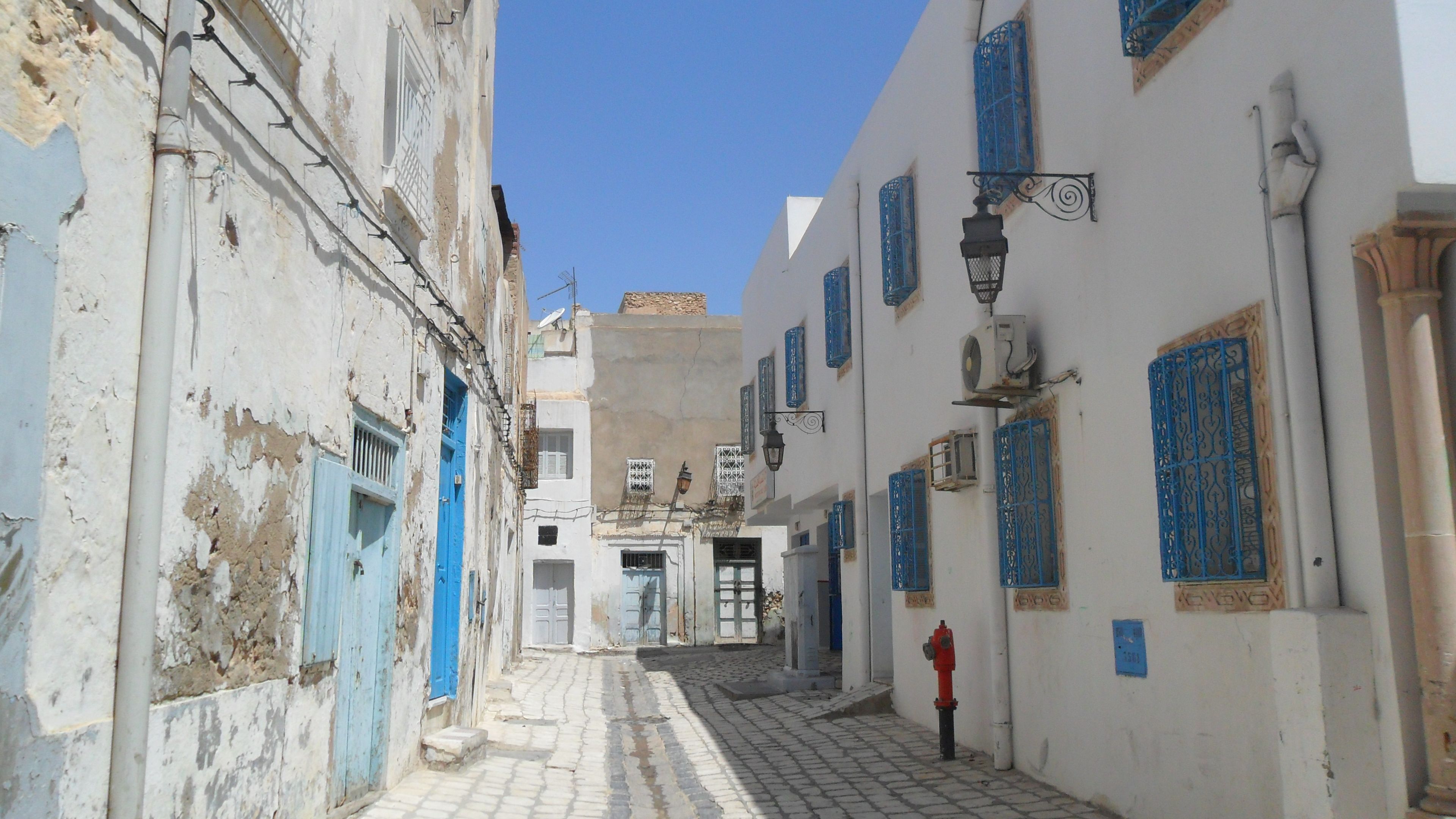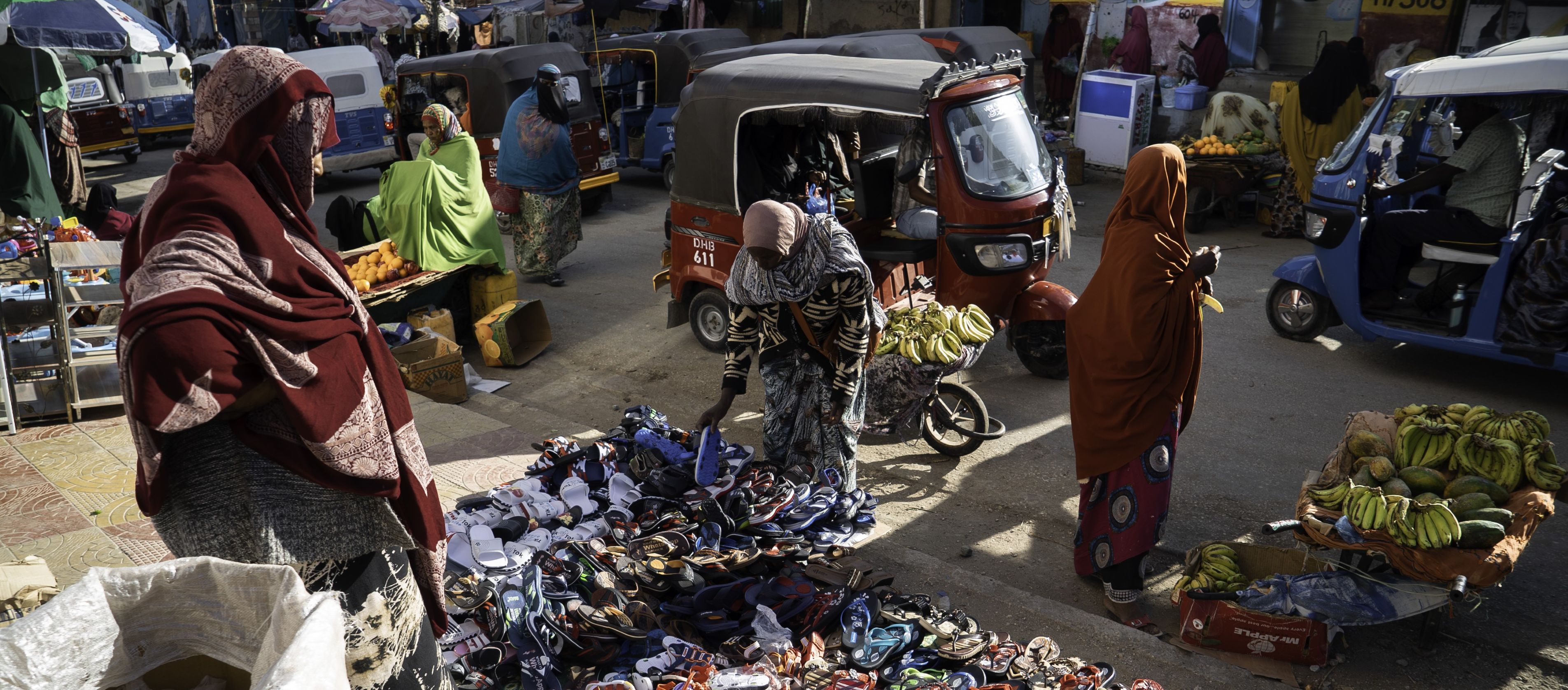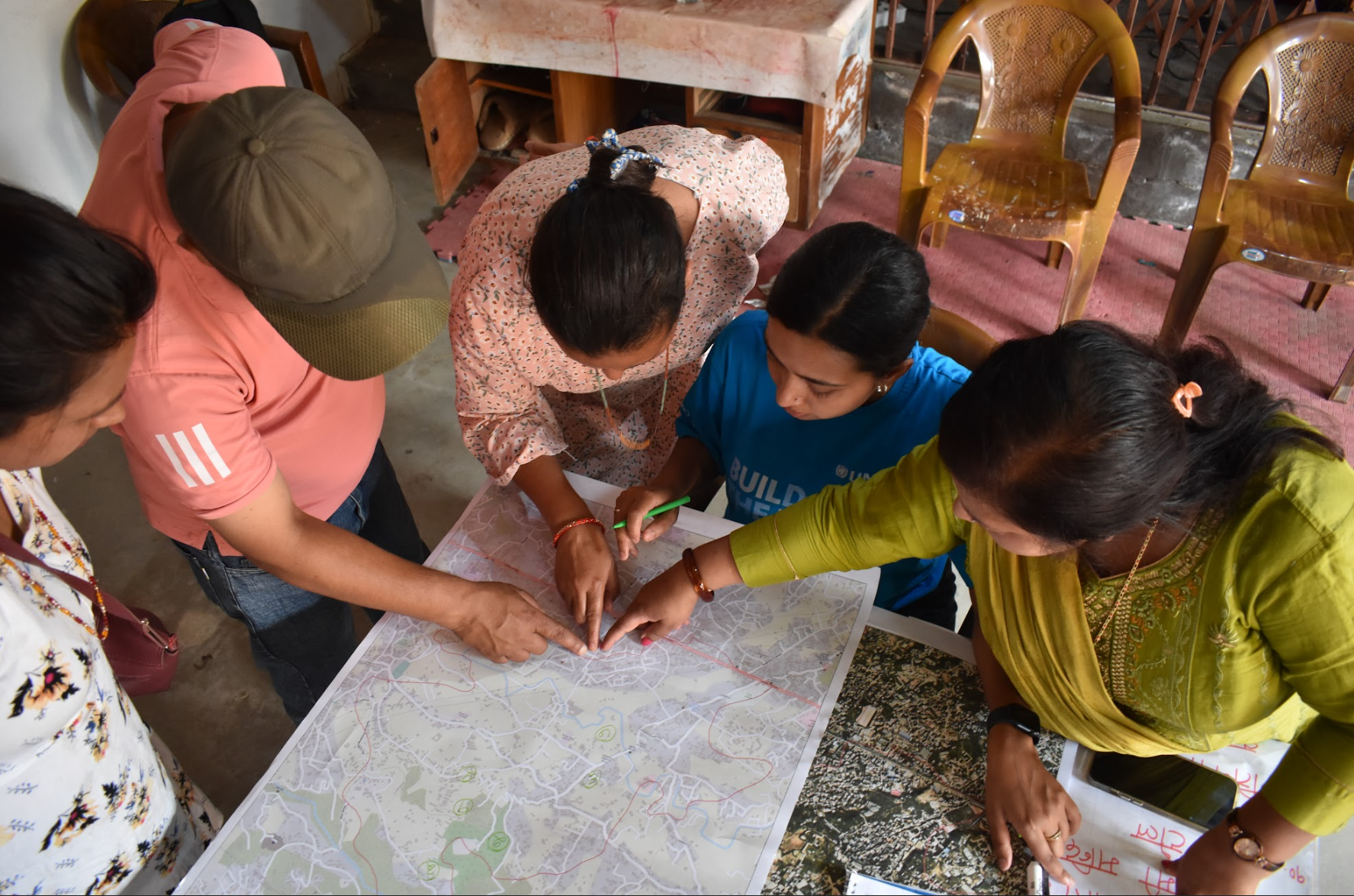World Habitat Day
Housing at the Centre of the COVID-19 Response
Declared action by Cities Alliance at the Global Observance of the World Habitat Day event
Cities Alliance has been working to both, highlight and improve the living conditions of slum dwellers for two decades. This is in recognition of the fact that one-third of the urban population live in overcrowded informal settlements, characterized by low-quality housing and no access to basic services and social facilities such as water, sanitation, and health facilities. The organization has also demonstrably contributed to the evolution of national and sub-national urban development policies across the world propagating a city-wide and inclusive approach to address the challenges faced by the urban poor.
Nevertheless, there is still a large proportion of the population un-housed and under-housed, one billion or more slum dwellers. The number is far too large and, except for very few countries, continues to grow through demographic and migration pressures. At a national and global level, this poses a significant obstacle to achieving the 2030 Agenda, not only SDG 11 which explicitly targets slums and informal settlements, but a range of SDG Goals addressing poverty, gender, water, and energy, amongst others, the low or zero-carbon economic development growth outlined in the Paris Climate Agreement, as well as the New Urban Agenda’s vision of affordable housing for all.
Whether due to scarce resources and/or as a result of conscious policy choices, low-income and informal settlements lack basic infrastructure and services; in this context, it is impossible to follow health authorities ‘advice and prevent the spread of the Covid-19 virus. For example, hand washing is extremely difficult where clean water access is limited. Social distancing is almost impossible to put into practice in settlements where density is very high at both house and community levels. Self-quarantining is scarcely an option for the urban poor, most of whom are informal workers and rely on daily income.
The current health crisis should decisively underscore the impact of current levels of inequality and call for local and national authorities to ensure that planning and services are aimed at the whole city and all citizens. Governments will need to forge new relationships with the private sector, civil society organizations, academia, and the international development community. Prioritizing the improvement of current housing stock, and provision of essential public goods – water, sanitation, solid waste, energy, as well as health and education – throughout the city, including in all informal settlements, must be seen as the basic pre-condition for securing the health and safety of all citizens.
In this context, Cities Alliance, in its nature of membership-based organization and throughout its current and emerging portfolio of country programmes, commits to support local and national governments, in alliance with civil society and international organizations, to promote incremental development and local inclusive and participatory governance bodies, no evictions, and in the upcoming 12 months support communities of practice in multiple countries to share responses to Covid-19 in informal settlements, promote and scale up the implementation of citywide and nationwide slum upgrading at scale.





